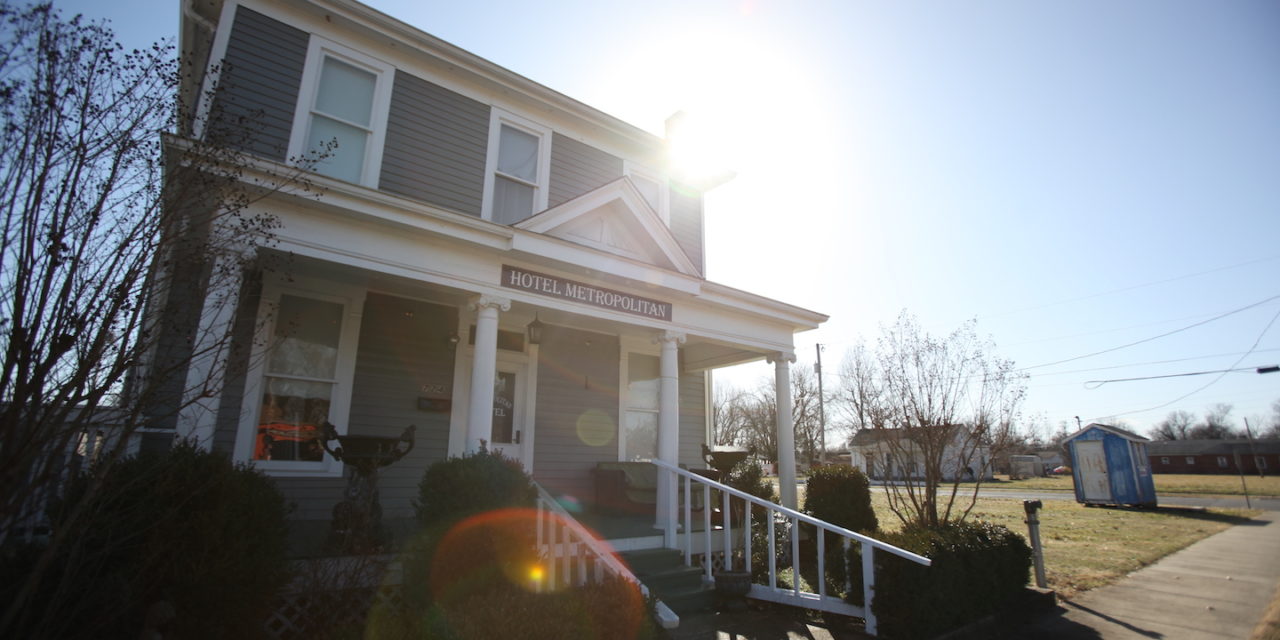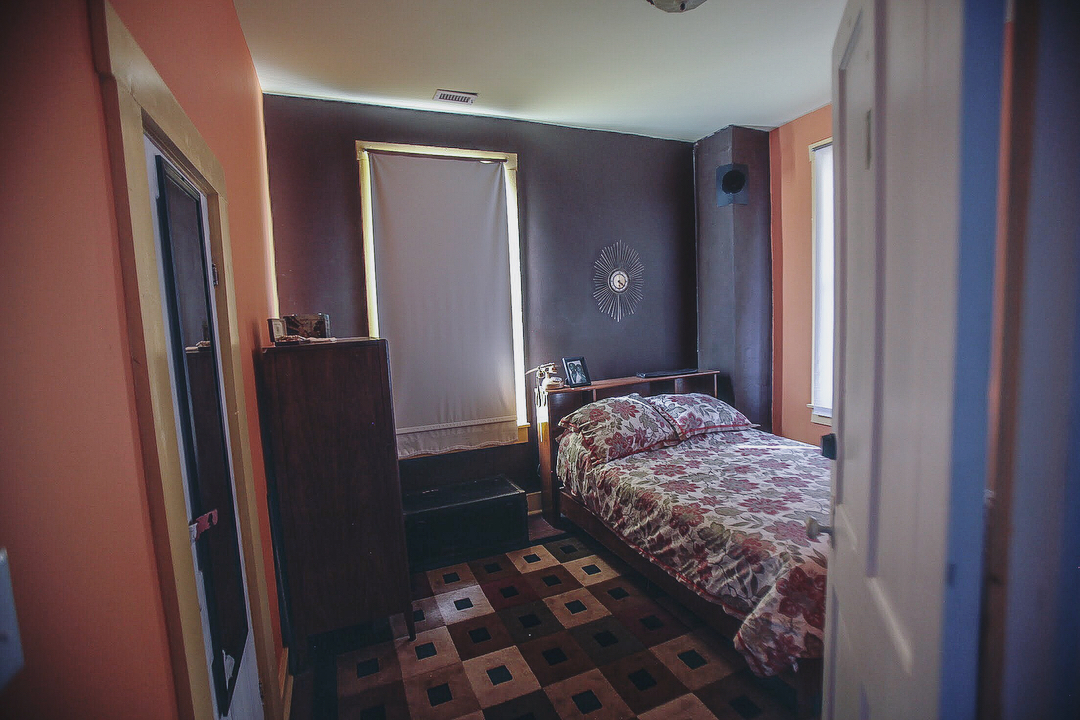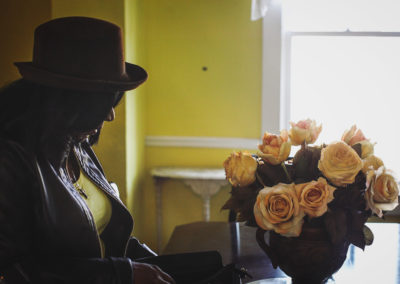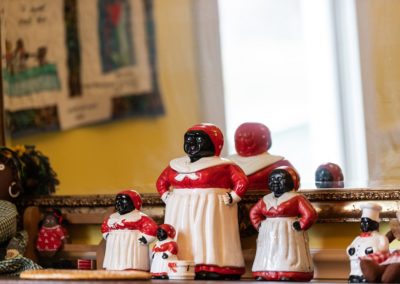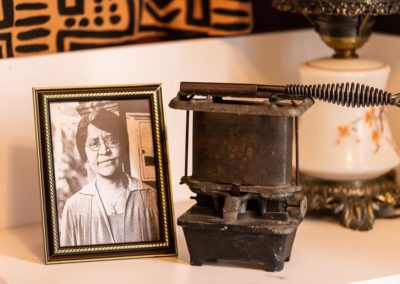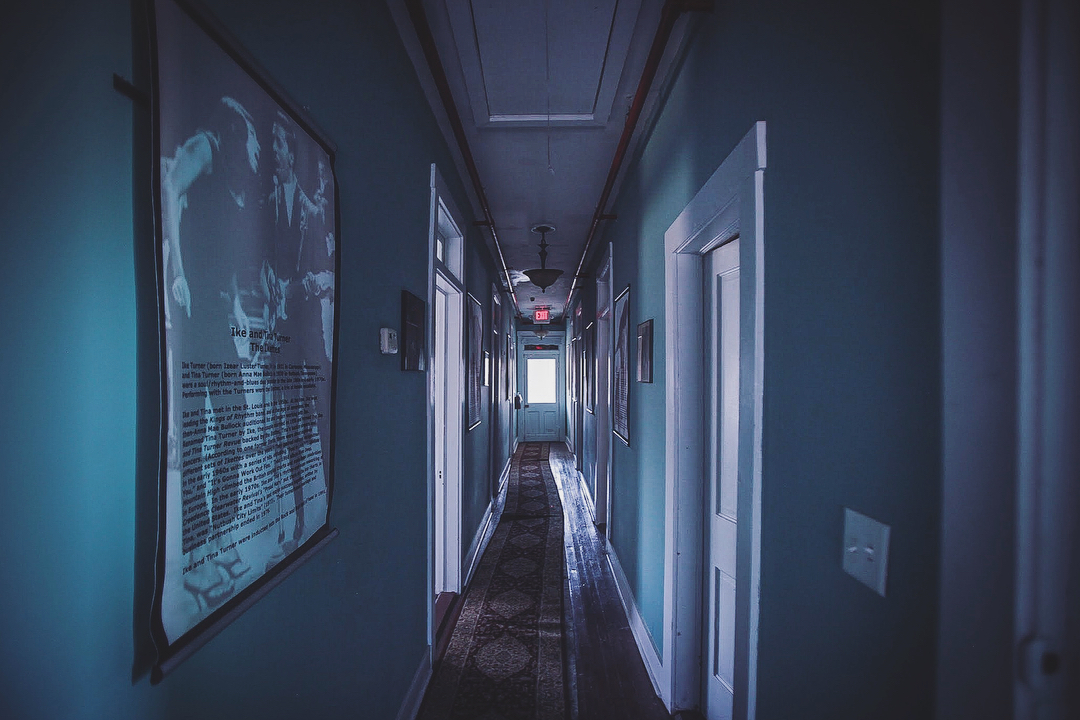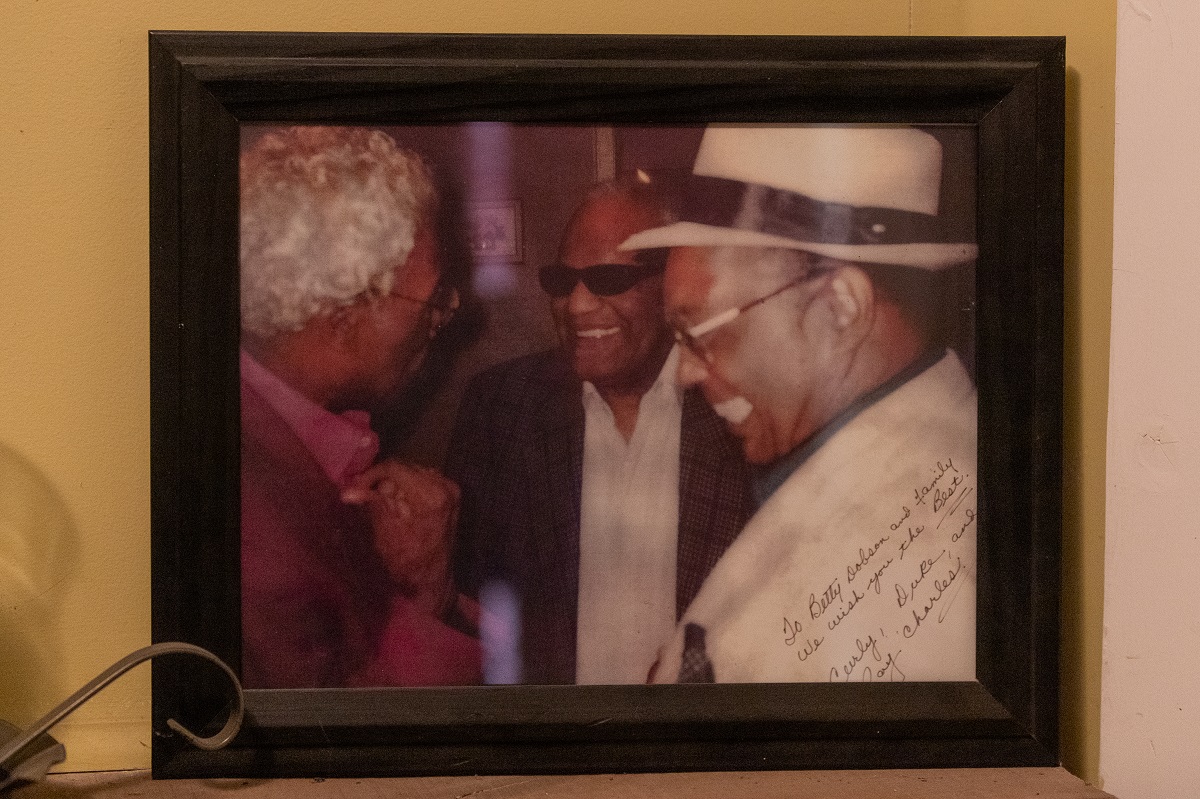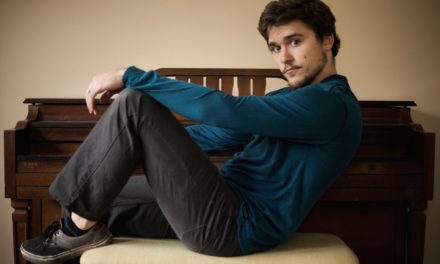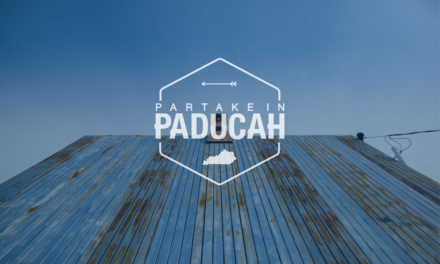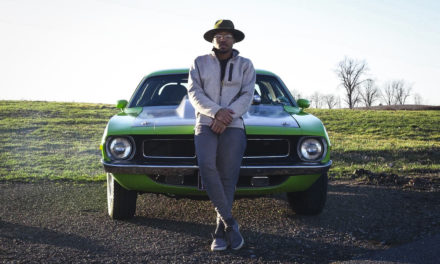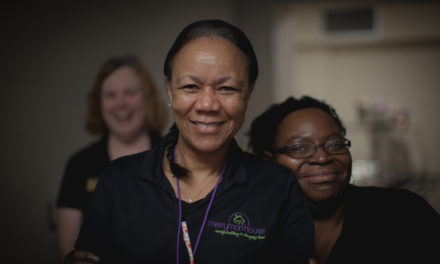Grace the halls that once hosted legends from Louis Armstrong to Cab Calloway and Thurgood Marshall. At the Hotel Metropolitan, every room showcases an important moment in African American history.
During the time of Segregation, Jim Crow and widespread discrimination in America, African Americans relied on the spoken word of a safe communication network originally known as the “Chitlin’ Circuit.” This network was a combination of music venues for African-American performing artists throughout the east coast, South and upper Midwest areas of the United States. In later years, the network was written down and formed into The Negro Motorist Green Book or commonly known as the Green Book.

The Hotel Metropolitan was a reputable hotel and listed as a member of the “Chitlin’ Circuit” and later the Green Book for African-Americans to find comfortable quarters during visits to Paducah. Travel was complex and risky for African Americans during this time as they were often refused food, lodging and prone to arrest. In response, the Green Book was written as a guide for services and establishments welcoming to African-Americans, including the Hotel Metropolitan.
The Hotel Metropolitan debuted in 1908 and housed African-American legends during the heart of the 20th century and continues to host guests today. It was owned and operated by women including Maggie M. Steed and Mamie Burbridge Guise from the day it opened in 1908 to when it closed in 1996. For years, the Hotel Metropolitan sat vacant awaiting demolition in the former Bronsville area, also called the Upper Town area, of Paducah. But that all changed when Betty Dobson had an idea.
On the cusp on the 21st century, Mrs. Dobson decided to give back to her community and open a small snack stand on a lot for students to safely and easily purchase a sweet or savory treat after school. Reverend Jimmy Hodge stopped by the stand one day and applauded her efforts. The two talked and he said he wished she could have saved Lincoln High School, but there was still time to save the Hotel Metropolitan. Betty admitted to Reverend Hodge that she believed the hotel needed to be torn down. It was in a state of disarray and folding at the seems.
He stopped her and said, “You don’t know about Cab Calloway, Duke Ellington and Billie Holiday staying at that place?” He went on to name a long list of famed African Americans who had been a guest at the hotel. Enough to catch Betty’s attention and spark an idea. She was going to save the historical hotel. And with the help of the Upper Town Heritage Foundation and co-founder of the Upper Heritage Foundation, Sheryl Cooper, she did just that.
It was the Hotel Metropolitan that was largely responsible for bringing America’s most prominent African-American performers to Paducah. Guests included Thurgood Marshall, Ike and Tina Turner, Ella Fitzgerald, Satchel Paige, the Harlem Globetrotters, the Negro Baseball League, Josh Gibson, Marques Haynes, Ray Charles and B.B. King just to name a few.
The historic hotel has 11 bedrooms and would be completely full at any given time. The barber chair uncovered in the hotel’s garage revealed that the historic building served as much more than just a place to stay overnight. It was viewed as the respectable place to stay in Paducah and was a full-service hotel making it safe and convenient for African-Americans to visit Paducah during the days of segregation and widespread discrimination.
Restoration of the Hotel Metropolitan began in 1999. Originally, the restoration costs were estimated to be much lower than reality. Once work was underway, it was evident that support beams and siding on the house needed to be completely replaced. A feasible yet challenge task. To help with the restoration process, a gentleman donated a picture of the hotel in its golden days to Betty Dobson that was printed in the Golden Jubilee of Colored Baptist in Kentucky book. With help from the image, the renovation crew restored the original flooring and uncovered lattice and other accents buried within the hotel’s walls, bringing it back to life with the help of the Upper Town Heritage Foundation, Sheryl Cooper and support from the people of Kentucky.
With a guest list including notable and famed African-American athletes, politicians and musicians of the 1900s, the Hotel Metropolitan is embedded with stories and history within every wall.
“The hotel touches people. If you like history, history is here. If you like music, music was here. Race aside, the hotel has an interest for everyone,” says Betty Dobson, Director of the Hotel Metropolitan.
Today, you can visit the Hotel Metropolitan and stand where legends once stood. By sharing the stories of African-American history, it is Mrs. Dobson’s hope that all of the Hotel Metropolitan’s visitors leave with a better understanding of one another.

